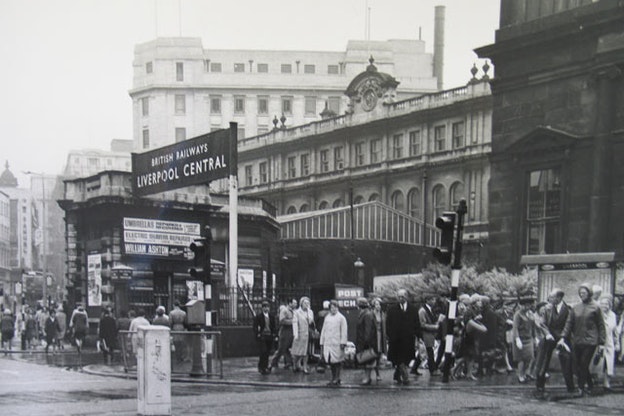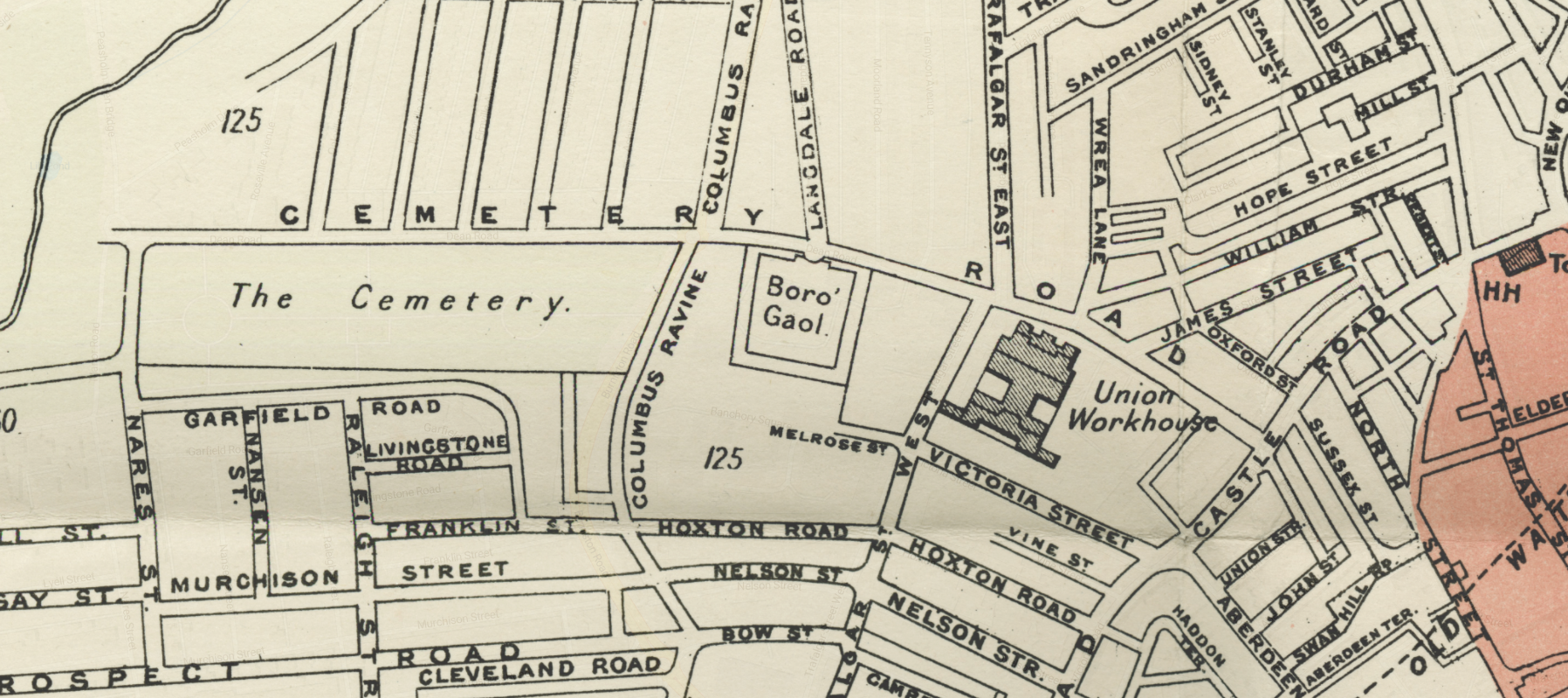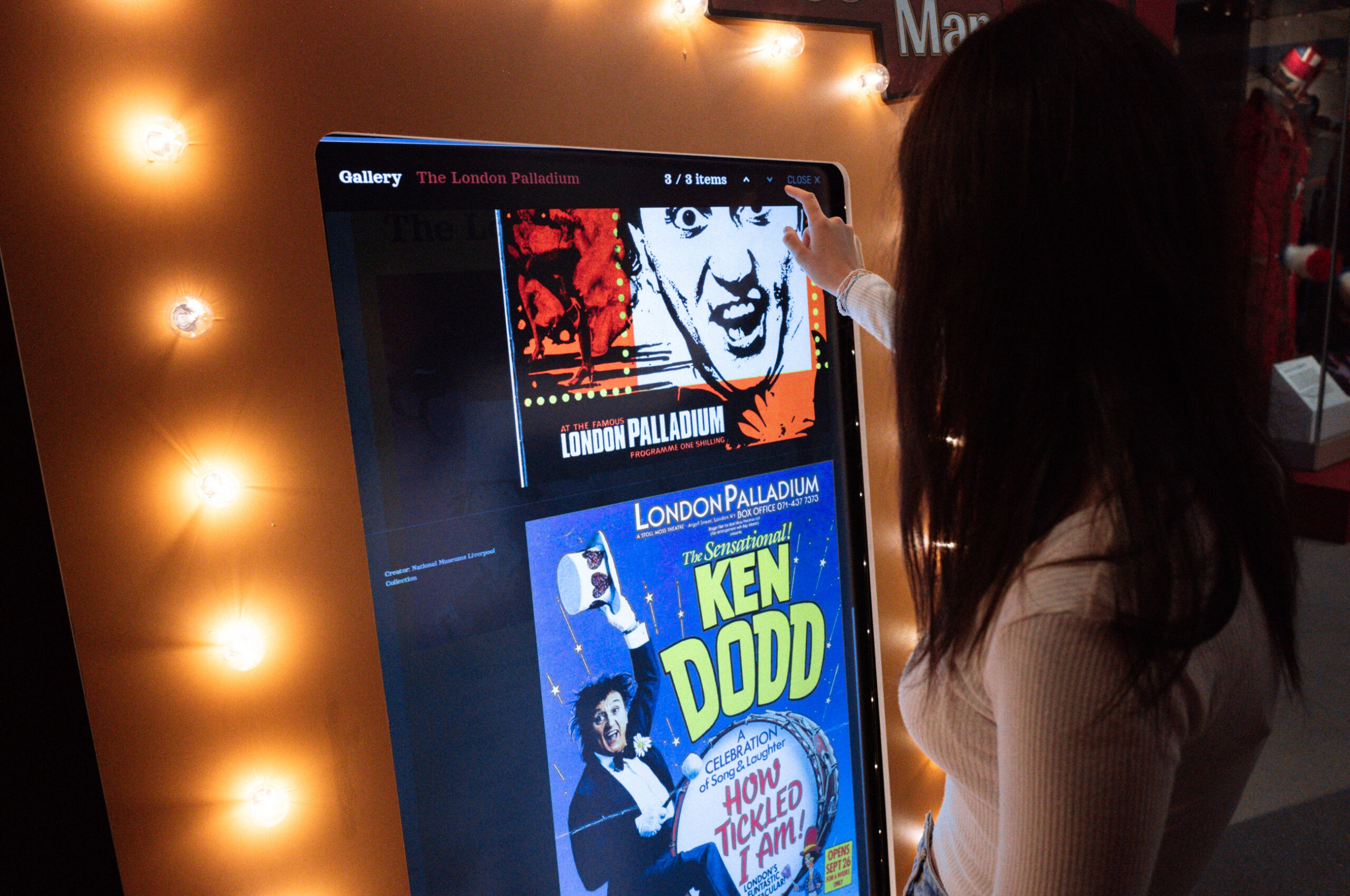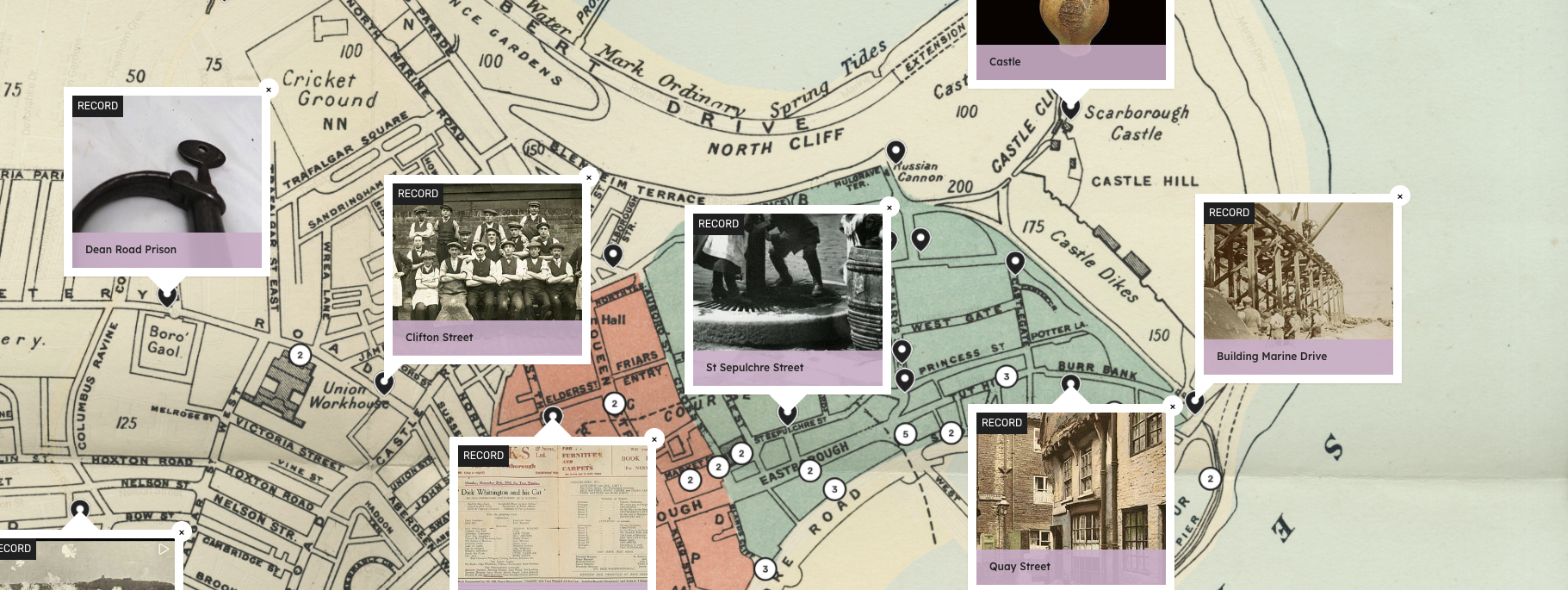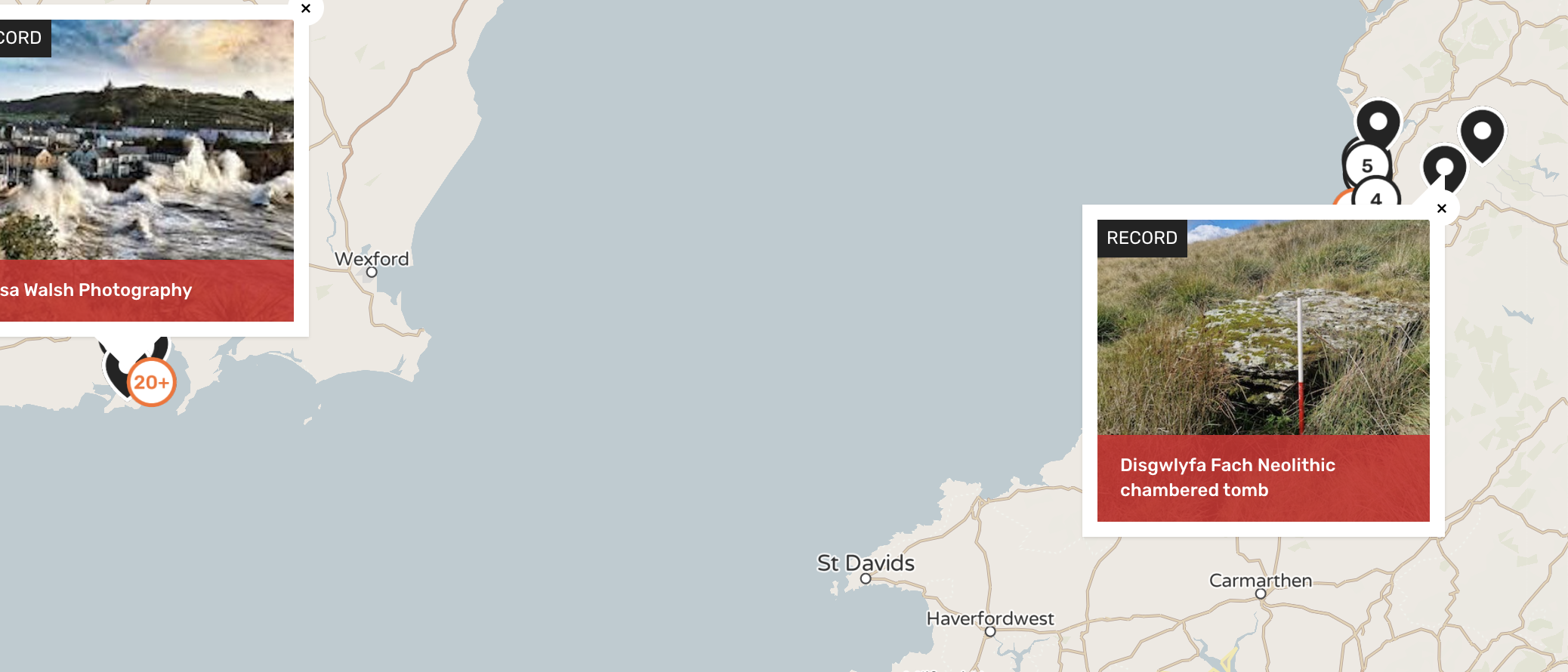Martin Chapman Fromm is the co-founder of Humap and Error Agency.
Since a time when web technology could sufficiently handle interactivity (the mid-noughties), countless well-intentioned online mapping projects have been launched; only to fade away into digital oblivion over the course of a few years.
The main reasons: the lack of long-term funding and resources and the fast pace of ever-evolving technology. Even to this day, so many great ideas are launched with fanfare, with a narrow view of their longevity as a sustainable educational or communication resource.
A large proportion of these projects are often grant-funded. Grant funding will typically dictate a finite period for innovative digital projects so it’s no surprise that their life is destined to only a handful of years, quite often three – five if really well funded.
In 2010, The University of Liverpool, in partnership with The Maritime Museum, National Museums Liverpool and Re-Dock received project grant funding from the Arts & Humanities Research Council’s Beyond Text Research Programme. The programme was devised to investigate innovative ways to communicate research findings using a variety of media, presented in the form of an online interactive resource.
The project was titled, Mapping Memory on the Liverpool Waterfront since the 1950s. After a period of research, the online interactive map element of the project to deliver video and audio-based findings was launched in 2011 and was to exist online for a period of three years initially, as funding had allowed. Stories of dock workers, commuters, sailors, and locals were captured in oral and video testimony, along with historic imagery from the 1950s–1970s – a period of great change for the city.
The project was well received by educators in modern history, by community interest groups, and by locals to the area of the Liverpool waterfront. Importantly, it was heralded as a user-friendly interactive map which allowed a non-technical audience to discover research findings in the context of place.
The decade wore on and in 2019 – far later than was ever anticipated – the Mapping Memory project disappeared from its online home on the National Museums Liverpool’s website. Gone, and missed by many as a unique record of life on the waterfront, as told by those that lived through the experience.
In 2021, Error Agency, responsible for the design and development of Mapping Memory approached National Museums Liverpool for approval to ‘unarchive’ what had become the Mapping Memory digital archive. In 2020, Error had created an interactive map platform on the back of their successful Layers of London project development. Tired of digital heritage projects disappearing or become expensive barren online wastelands, Humap is a solution to the legacy of past, current and future interactive projects. A platform designed to protect the legacy of far-reaching digital heritage, cultural, and academic projects.
The Mapping Memory project now has a new home. It is also a much more modern take on the original. Faster, more user friendly, and works wonderfully on mobile devices. Factors that were so much more difficult to achieve ten years ago with the technology of the time. New features have also been added including collections of records, and walking trails. In this respect the project has undergone something of an extension!
As outlined, many heritage digital projects have little longevity although they begin with the best of intentions. Maintaining a site technically, managing traffic and user engagement while also keeping an interactive map easy to navigate and enjoyable have often been very difficult to do, particularly as staff and funding are limited. Yet the ideas behind these mapping sites are sound and vital to the recording of people’s history. Especially since their initial execution required much effort and passion to get off the ground. Humap is intended to be the solution to these problems with the aim to always put the story first and to keep it there, informing and delighting the project’s audience for longer.
Check it out at mappingmemory.org

